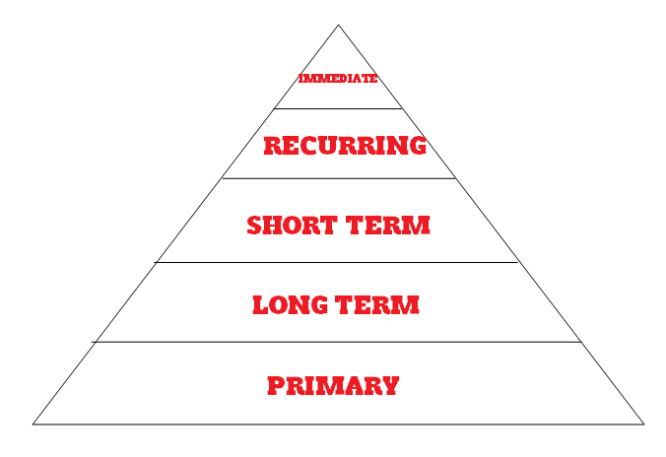C’est confirmé : Le Premier Ministre britannique David Cameron l’a promis, s’il est réélu pour un 2e mandat, il y aura l’organisation d’un référendum d’ici à 2017 sur la question de l’appartenance du Royaume-Uni à l’Union Européenne. Cependant, cette proposition s’est heurtée à une forte opposition et les conséquences de la sortie proposée concerneraient à la fois la Grande Bretagne et l’Europe.
Par conséquent, regardons ce que seraient ces conséquences et ce quelles signifieraient pour les relations européennes ?
 Le Royaume-Uni et l’UE seront-ils les partenaires dans le futur ? Image via Lancastrian/Flickr
Le Royaume-Uni et l’UE seront-ils les partenaires dans le futur ? Image via Lancastrian/Flickr
Du coté britannique, le risque est important. Le Royaume-Uni est regardé comme la porte financière d’entrée pour l’Europe et la majorité de ses exportations vont vers l’UE. Si la Grande-Bretagne quitte l’UE, il y aura plus d’obstacles à surmonter comme par exemple les taxes et les réglementations de douanes plus rigoureuses. De plus, selon le PDG de Saxo Banque France, Pierre-Antoine Dusolier, << Certains banquiers anglais tablent même déjà sur Francfort comme prochain centre financier de l’Europe. >> Sans la sécurité du marché unique, la Grande Bretagne risque de fermer la porte à des nombreux investisseurs. Pourtant, le Royaume-Uni pourrait quitter l’Union tout en restant membre de l’espace économique européen comme c’est le cas pour la Suisse et la Norvège. Cette option donnerait à la Grande Bretagne l’indépendance souhaitée tout en conservant les avantages du marché unique.
Pour les européens, la sortie éventuelle britannique signifierait éventuellement une rupture de l’Union Européenne. <<La question posée par David Cameron est la question même de l’avenir de l’Union : une Europe à la carte réduite au seul champ du marché ou une Europe intégrée et démocratique…>> est l’avis de Marielle de Sarnez, Eurodéputée et vice-président du Mouvement Démocrate. En outre, à Londres seulement, il y a 400 000 Français qui y travaillent ce qui est l’équivalent à la 6e ville de la France. Une sortie britannique limiterait le genre et la quantité des offres d’emploi pour les européens en Grande-Bretagne. Un marché du travail sans restriction est primordial, surtout pour diminuer le fardeau dans les pays touchés par un taux de chômage important.
Pour résumer, s’affranchir de l’UE, sera une action qui devra être bien réfléchie. Si la Grande Bretagne rompt ses liens avec l’Europe, elle risquera d’être isolée politiquement et le rôle de l’Union Européen dans l’avenir en Europe sera remis en question. Actuellement, la situation est telle que tous les membres sont obligés d’agir en discutant le rôle de l’UE dans son pays pour éviter la rupture des relations politiques européennes.
Qu’en pensez-vous ?



